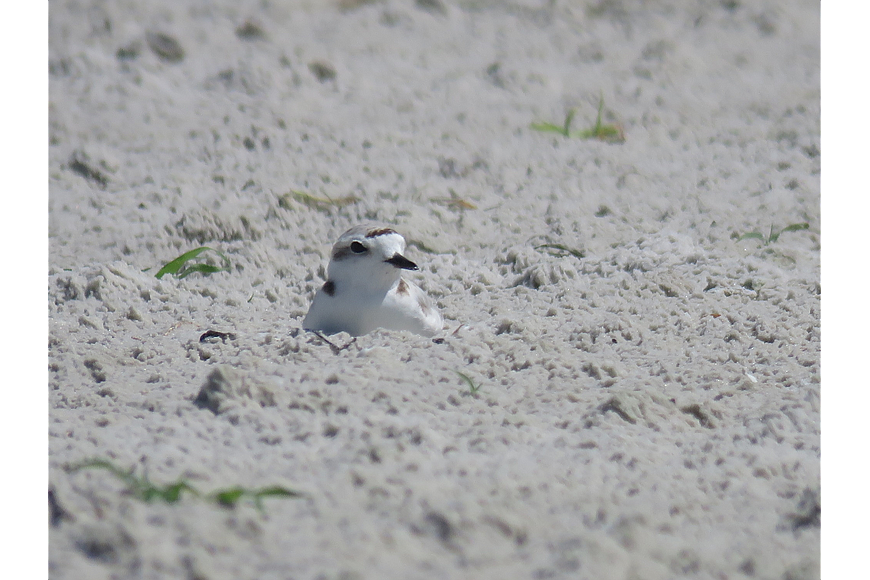- February 11, 2026
-
-
Loading

Loading

Although the closure of Sarasota County beaches to the public in March initially meant good news for the nesting shorebirds, the reopening of the county's shores has left many abandoned nests.
Kylie Wilson, the shorebird program coordinator for Audubon Florida, said the season seemed to be off to a promising start with the county’s first snowy plover nest March 27. The plovers typically don’t arrive until mid-April.
However, after the county reopened the beaches April 27,
she has seen many nests that have been disturbed by dogs walked on the beach.
“The dogs are a huge disturbance for the birds, and there’s just not a lot of enforcement, especially on Siesta Key,” she said.
Research from the Florida Fish and Wildlife Conservation Commission says shorebirds are particularly sensitive to human disturbance.
“The dogs appear to these birds as a predator,” Wilson said. “These birds don’t really have any protection other than being camouflaged. As a measure of self-preservation, if a bird notices that a dog can easily kill it, it will just abandon its nest and try to start a new nest in a different location.”
In her daily patrols, Wilson said she’s seen several dogs on the beach and dog tracks leading up to the nests. In one nest where she set up a camera, Wilson said she recorded video of a dog in the nest enclosure.
Wilson, who is the sole staff member monitoring the shorebirds after COVID-19 caused the society to temporarily disband its volunteer program, said there have been three to four plover nesting pairs on Siesta Key this year. However, a majority of their nests have showed signs of disturbances.
In the past three years, the snowy plovers that have nested on Sarasota beaches have not had a chick reach maturity. Chicks have hatched on Longboat Key in the past three years, but they didn’t live long enough to fly.
“If these trends continue, we’re looking at another year where no birds make it to hatching,” Wilson said. “It takes 24 days for an egg to be incubated and to hatch, and unfortunately, that time period is just too long.”
Beachgoers can help protect the birds by staying away from their nesting areas and not feeding the birds.
When birds are fed, it can draw the attention of larger birds that are predatory in nature.
They also should not bring their dogs to the beach, which is not allowed on Siesta Key.